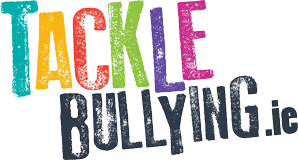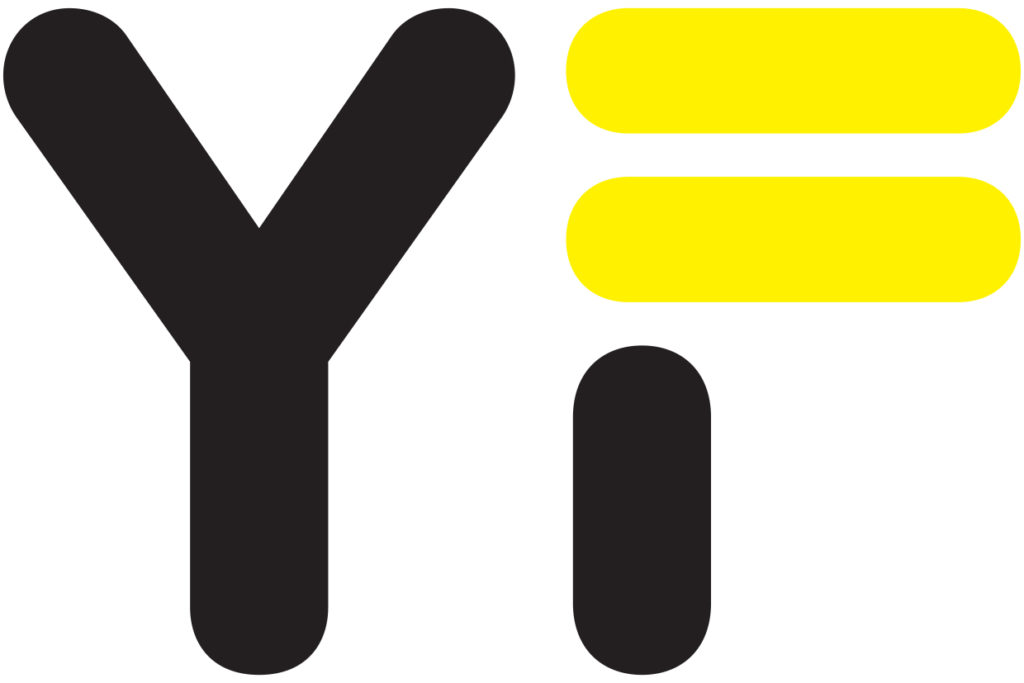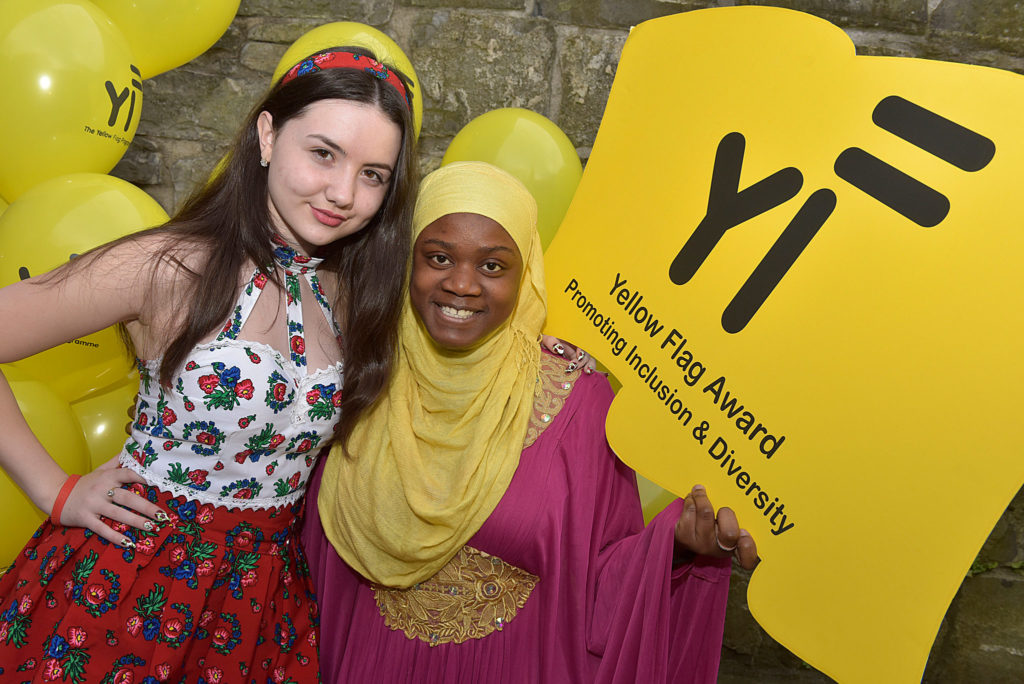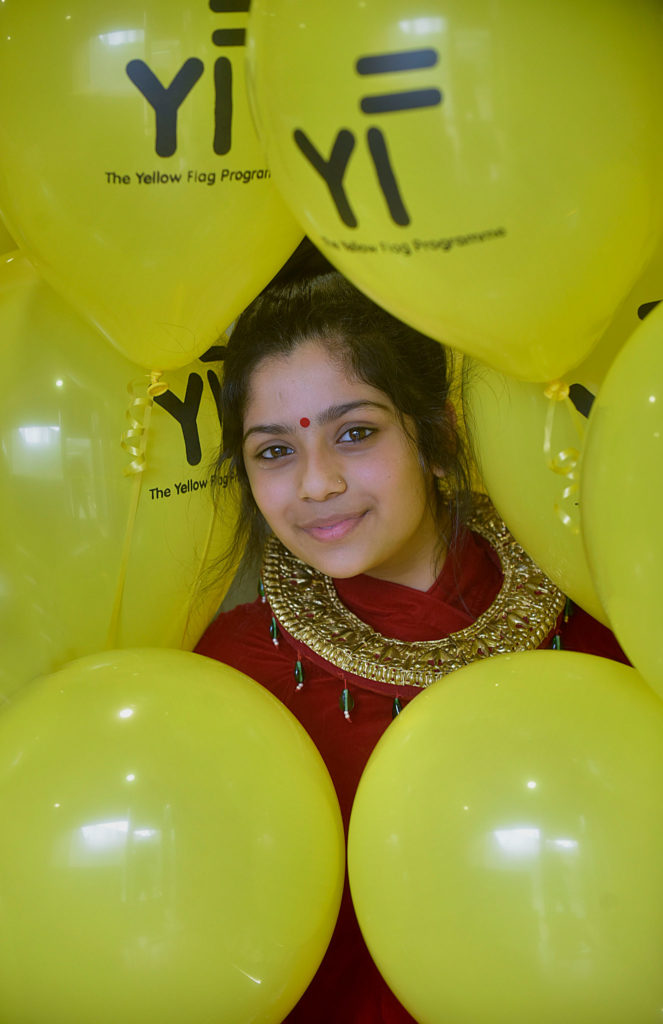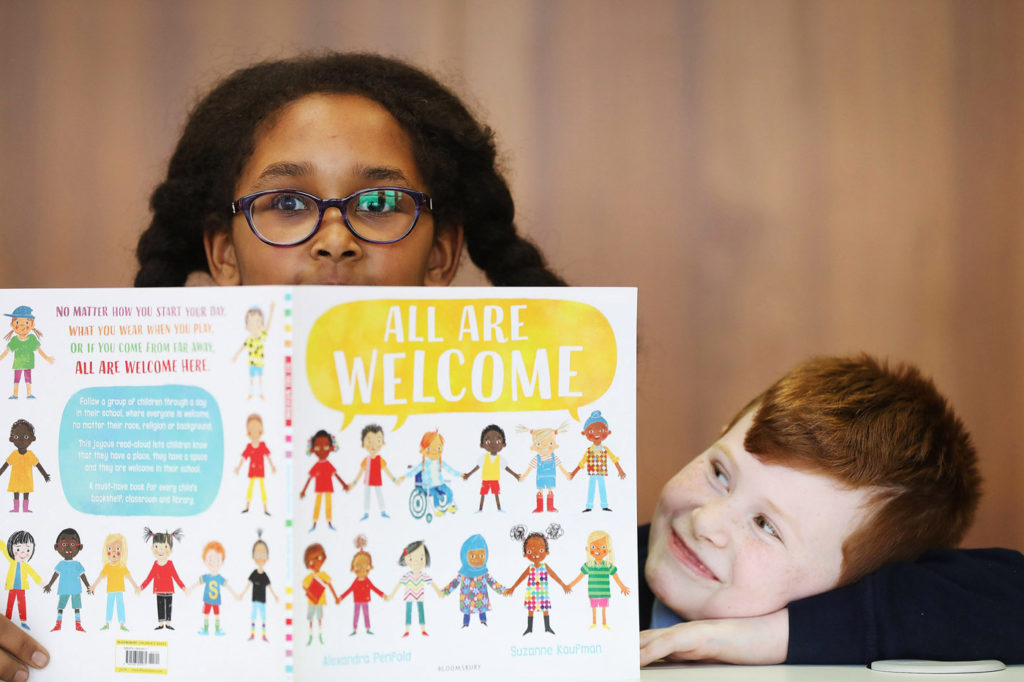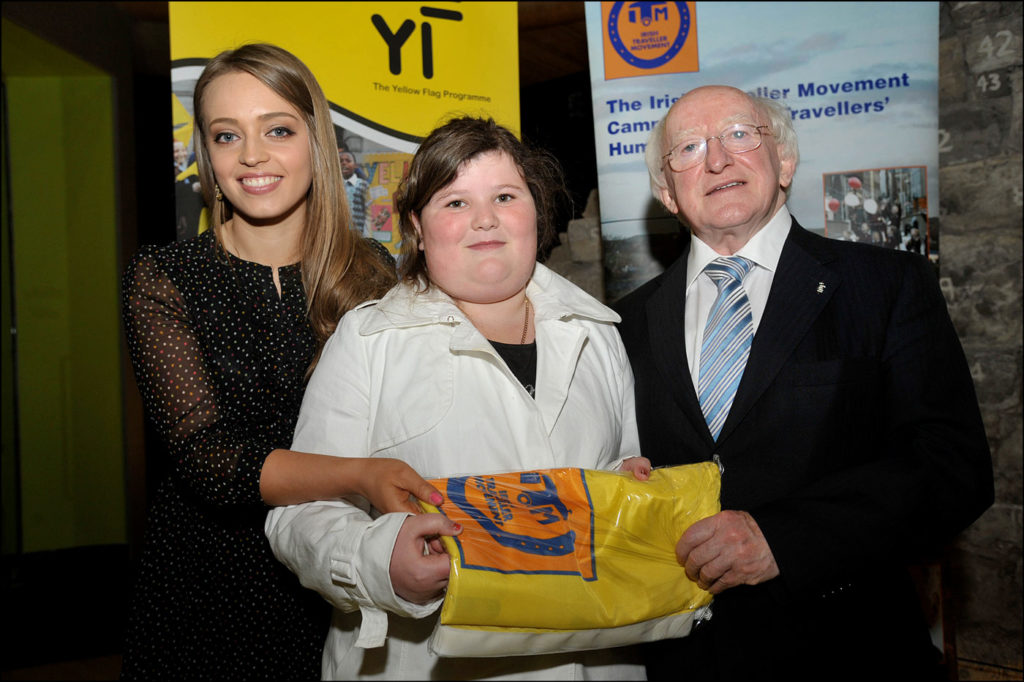Tackling the Hidden Curriculum
The hidden curriculum refers to the unofficial, and often, unintended attitudes, perspectives and values that a school imparts on its students. While the formal curriculum consists of courses, lessons and learning activities, the hidden curriculum evokes unspoken or implicit cultural and social messages.
In our schools, the hidden curriculum often favours the norms and behaviours of the dominant cultural or ethnic group. This can lead to contradictions in learning, and worse educational outcomes for pupils of ethnic minority groups, who may feel excluded within that learning environment.
Therefore, while it is important to include intercultural ideas in the formal curriculum, the images and resources that surround the student are also crucial. In many ways, what is absent may be as important as what is present.
Kathleen Murphy is a proud Mincéir Beoir (Traveller woman) and a trainee teacher. Watch in this video as she explains how educators can bring Traveller culture into the classroom, and ensure that Traveller students feel included and recognised.
